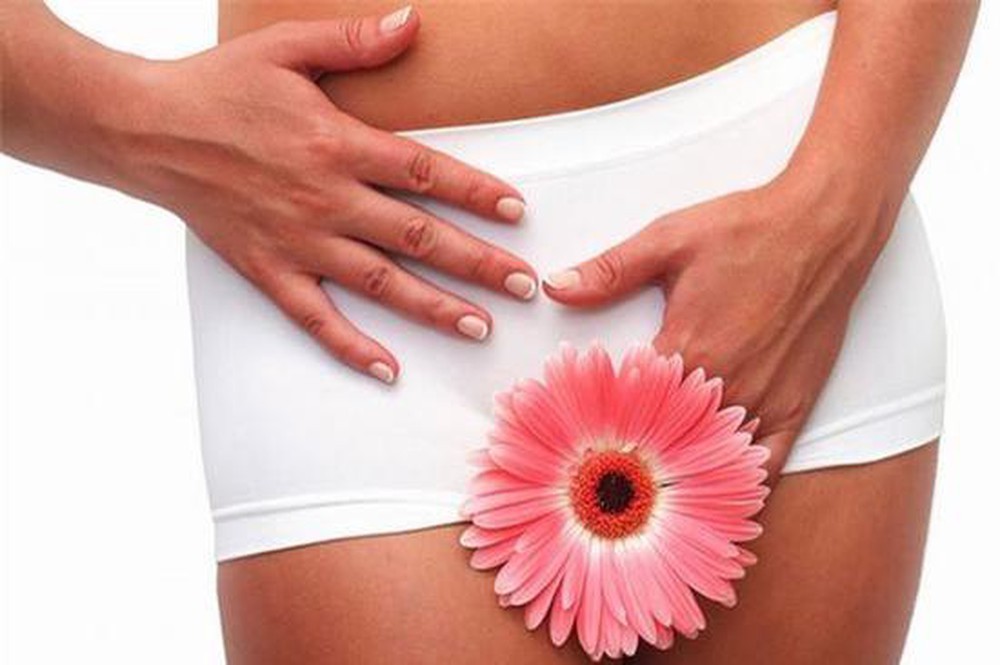Vaginal Rejuvenation with Laser in Menopause
Hormonal changes experienced after menopause cause the vaginal wall to become thinner, drier, less elastic and more inflamed. Vaginal dryness and, accordingly, pain during sexual intercourse is one of the important problems of the menopause period. It can be seen between 27-55%. During this period, bladder problems such as frequent urination, sudden urge to urinate, and urinary incontinence may also develop. In the problem of urinary incontinence, the weakening of the collagen structure in the vagina around the urinary canal is held responsible. In this case, urinary incontinence is seen with increased intra-abdominal pressure in situations such as coughing, laughing, sneezing, which we call 'Stress Urinary Incontinence' (SUI).
CO2 laser reconstructs the vaginal wall, thickens the vaginal wall and increases lubrication. Energy penetrating the submucosa in columns of microscopic thermal fields creates minimal ablation while leaving the surrounding tissue intact. In this way, while the vaginal wall is renewed, it heals much faster. While the existing fibers contract, new collagen synthesis begins and the target tissue is renewed. It treats vaginal dryness and recurrent infections by renewing the vaginal surface and increasing lubricity. The treatment increases the vaginal immune system and blood flow to the area. It allows the new healthy tissue to be more resistant to infections, maintaining the normal PH level of the vagina. The treatment eliminates uncomfortable symptoms such as itching and burning and increases sexual satisfaction.
One of the leading benefits of laser therapy is that it is completed in a very short time and does not interfere with your daily routine. Advantages such as the short duration of the procedure, the absence of a surgical incision or suturing, being extremely easy to tolerate for the patients, not requiring anesthesia, being very successful in mild to moderate stress urinary incontinence and mixed urinary incontinence, and providing vaginal tightness throughout the length in the same session. It has aspects. One of the most important advantages of the procedure is that the patient can continue his or her daily life on the same day.
The treatment is carried out by gently applying the specially designed head similar to the transvaginal ultrasound probe to the vagina. All vaginal walls are scanned in a procedure that takes about 20 minutes. The procedure called 'lunch time' (lunch break) is extremely painless and painless. In patients with a very low pain threshold, the procedure can be facilitated by applying mild local anesthetic creams into the vagina.
In menopause, laser vaginal rejuvenation and applications in urinary incontinence problems are usually sufficient for one session. But if necessary, it should be done 2 or 3 times in total, at intervals of 4-6 weeks. A single 'touch up' is also recommended after one year. Depending on the decrease in collagen connective tissue, all processes can be repeated every 2-3 years.
No major complications were reported. Vaginal lasers are quite satisfactory in the right patient groups.



.jpg&w=100&h=89)

